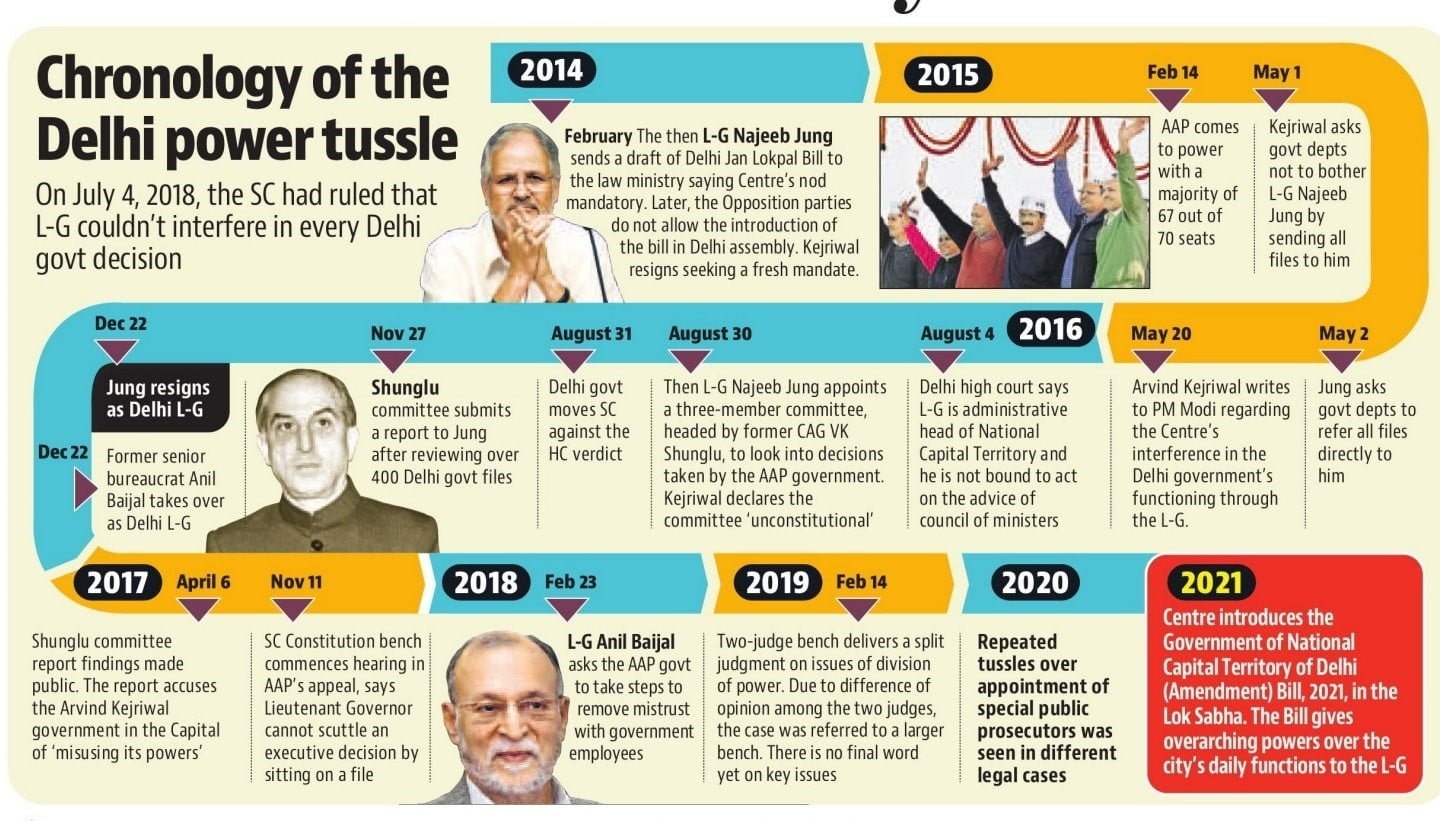
Article 200 of the Indian Constitution: Powers of the Governor Concerning Assent to Bills
Subscribe to Never Miss an Important Update! Assured Discounts on New Products!
Must Join PMF IAS Telegram Channel & PMF IAS History Telegram Channel
- Context (TH): Following the Kerala Governor “sitting” on nine bills passed by the State Legislature, the State government is all set to move to the Supreme Court.
The issue with the Governor’s delay
- The governors, in some instances, would delay giving assent or returning Bills for an indefinite period, even though the Constitution required prompt action.
- Furthermore, the governors were taking extended periods of time to reserve Bills for the President’s assent, despite the requirement for immediate action.
Article 200 of the Indian Constitution
- Article 200 addresses the powers of the Governor concerning assent to bills passed by the State legislature, as well as other powers such as reserving a bill for the President’s consideration.
- Article 200 provides the Governor with three options:
- giving assent to a Bill or
- withholding assent to a Bill or
- reserving it for the President’s consideration.
- It also provides that the Governor may, as soon as possible after the presentation of the Bill to him for assent, return it requesting that the House reconsider the Bill itself or any of its provisions.
Supreme Court’s Order
- SC’s judgement in a petition by the Telangana government said that Governors should return Bills “as soon as possible” and not sit over them, making State Legislative Assemblies wait indefinitely.
- The court agreed that the proviso to Article 200 mandates that Governors should “as soon as possible” return Bills, other than Money Bills, for reconsideration by the House.
Rameshwar Prasad and Ors. vs Union Of India and Anr
- According to Article 361 of the Constitution, Governors are granted complete immunity from court proceedings for any actions taken in the exercise of their powers.
- However, the SC has ruled that “the immunity granted by Article 361(1) does not prevent the Court from examining the validity of the action, including on the grounds of malicious intent“.
- That is, if the grounds for refusal reveal malicious intent, the Governor’s decision to refuse assent could be deemed unconstitutional.
- Therefore, when a Governor declares that they are withholding assent to a bill, they must provide a valid reason for such refusal. As a high constitutional authority, the Governor cannot act arbitrarily.
Types of Veto Power: Absolute, Suspensive, and Pocket Veto
Veto over State Bills
|




![PMF IAS Environment for UPSC 2022-23 [paperback] PMF IAS [Nov 30, 2021]…](https://pmfias.b-cdn.net/wp-content/uploads/2024/04/pmfiasenvironmentforupsc2022-23paperbackpmfiasnov302021.jpg)










